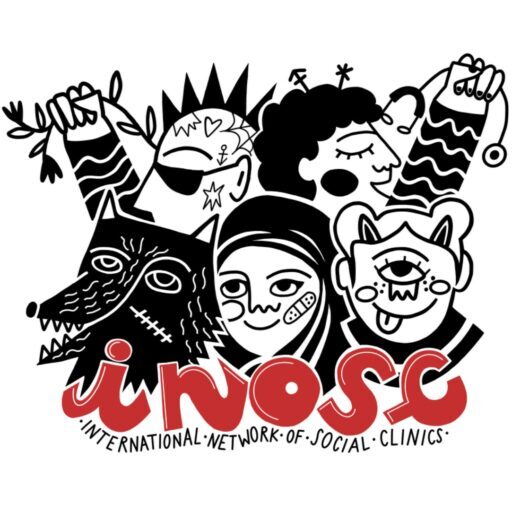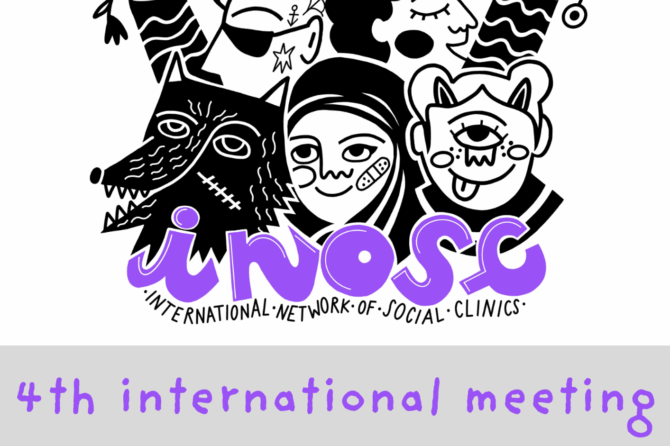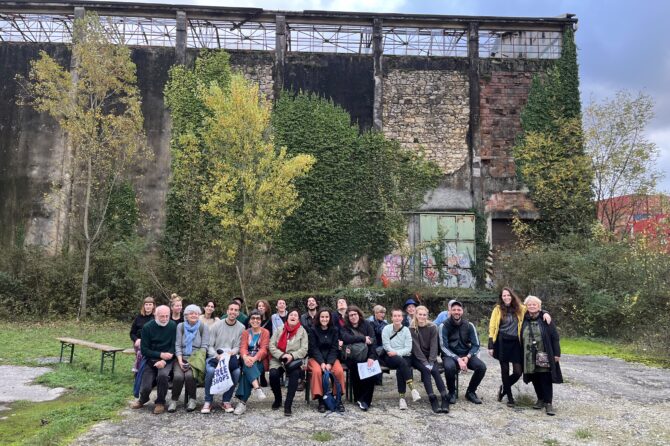Overview and Context
 We are witnessing the rising demand for Mental Health services, influenced by multiple factors such as the COVID-19 syndemic, and the consequent rise of inequalities, capitalism, and the increased awareness as well as the destigmatisation of mental health issues, which can also be seen in the fact that people increasingly adopt psychiatric language, indicating a tendency towards the medicalization of everyday issues.
We are witnessing the rising demand for Mental Health services, influenced by multiple factors such as the COVID-19 syndemic, and the consequent rise of inequalities, capitalism, and the increased awareness as well as the destigmatisation of mental health issues, which can also be seen in the fact that people increasingly adopt psychiatric language, indicating a tendency towards the medicalization of everyday issues.
Although different healthcare systems within Europe vary in their provisions for psychotherapy we recognize the mental health needs of the population throughout our countries are unmet. Going into the country-specific insights and challenges, in Germany psychotherapy, is publicly funded, but the allocation of therapists does not reflect current needs due to outdated distribution models. In Italy, up until 20 years ago, public services included psychotherapy in community centres and psychiatric services.
Nowadays, despite the implementation of the Basaglia law, the closing of the asylums and the development of a community mental health network of services, cuts in public funding, but especially the misallocation towards pharmaceutical solutions, determined that psychotherapy is mainly guaranteed through private practice. Specifically, one of the most grey areas, directly addressed by one of the Clinics, is eating disorders. In Greece psychotherapy is not guaranteed to the wider community, and the government’s agency for drug services is threatening to close harm reduction units, eliminating the role of peer support workers, while framing addiction as a genetic illness, thus limiting services to substitution therapies and reducing state responsibility for broader care.
Discussion
 The discussion of the different social clinics within INOSC reflect a strong interest in integrating traditional mental health practices with community-based, biopsychosocial, and peer-supported frameworks. There is a consensus on the need to rethink mental health care models to promote autonomy, build trust, and address structural inequalities, whilst recognizing privilege within therapeutic settings.
The discussion of the different social clinics within INOSC reflect a strong interest in integrating traditional mental health practices with community-based, biopsychosocial, and peer-supported frameworks. There is a consensus on the need to rethink mental health care models to promote autonomy, build trust, and address structural inequalities, whilst recognizing privilege within therapeutic settings.
One of the key features of most Social Clinics, is to diversify the care team and create tailored contact channels, such as including psychologists, psychiatrists, social workers, as well as family members and people who are part of the incomers’ network (i.e. Open Dialogue).
Proposals
● Self-training activities: recognize the resources within the member of the clinics and promote self-training initiatives (i.e. open dialogue)
● Self-empowerment and Community Support: Emphasis on reducing stigmatization, fostering self-empowerment, and promoting community-centered support.
● Group and Community Settings: implement group therapy settings as well as other group activities within Social Clinics to foster collective healing and the building of significant relationships in order to reduce social isolation.
● Outreach and mobile health approach: develop outreach activities or a mobile health approach in order to guarantee psychological support in rural and peripheral areas, finally enhancing accessibility and trust within communities.
● Peer and Structural Support: Peer support is highlighted as an effective way to extend and transform mental health services towards more embodied experienced care practices.










